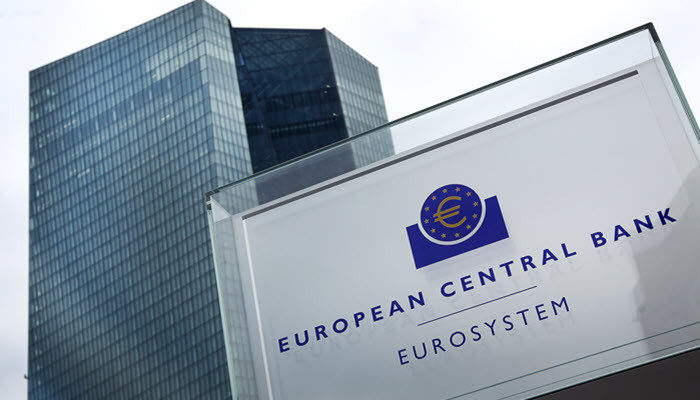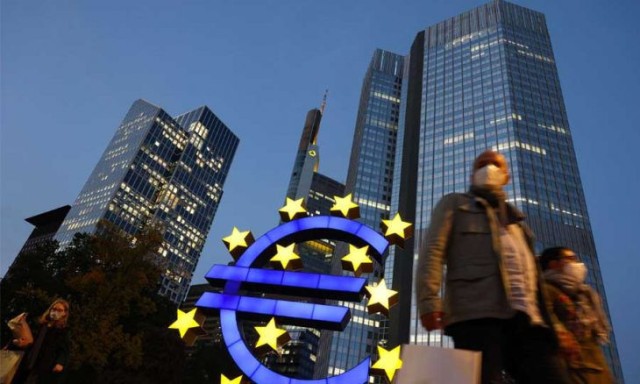European Central Bank President Christine Lagarde has asked investors to prepare for new guidance on monetary stimulus within 10 days, noting that new measures may be taken next year to support The Eurozone economy after the end of the current bond-buying programme.
Speaking to Bloomberg Television days after the European Central Bank raised its inflation target to 2%, and admitted it might exceed that target, Lagarde said The board session on July 22 - which was previously expected to be relatively quiet - will now include some interesting changes.
On Sunday in Venice, after a meeting of G-20 finance ministers and central bank governors, she said: It will be an important meeting.. Definitely reconsider future directions.
This early and unexpected signal from the European Central Bank is fueling speculation about its plans to tighten monetary policy, as the eurozone economy begins to recover from the pandemic.
Lagarde has indicated that she expects the ECB's current 1.85 trillion euro ($2.2 trillion) bond-buying plan to run at least until March 2022. It could follow This is a transition to a new form, she said without going into details.
However, she dismissed the need to discuss when the emergency stimulus might be ended, saying she was cautiously optimistic about a recovery because Delta variant of the coronavirus poses a threat to efforts to resume normal life . While inflation will rise this year, the European Central Bank expects this to be temporary.
We need to be very flexible and not start creating an expectation that the exit will be in the next few weeks or months,' Lagarde said.
The European Central Bank's approach differs from some of the world's largest central banks, with US Federal Reserve officials already beginning to discuss when to start tapering stimulus as growth accelerates. and inflation.
A growing group of economists also expect the Bank of England to raise interest rates early next year.
The European Central Bank's 25-member Governing Council agreed in June to continue emergency bond purchases at an elevated pace this quarter, despite diverging views. Some members have also said publicly that they do not expect to extend it beyond March.









































